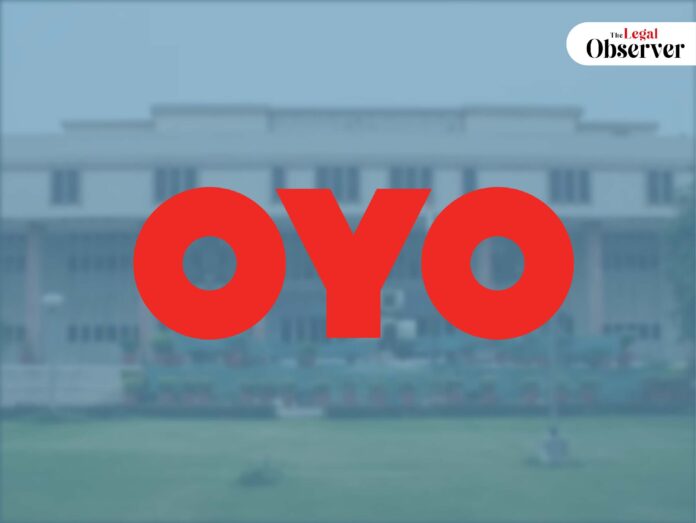Business magazine Inventiva has been ordered by the Delhi High Court to immediately remove at least six “defamatory” pieces it published against the startup OYO, a well-known brand in the international hospitality industry.
Justice Mini Pushkarna enjoined the Nine Network-owned website from publishing and disseminating any untrue, unflattering, and misleading statements or stories about OYO.
Justice Mini Pushkarna also stated that, “The defendants, as well as their servants, agents, representatives, employees, and other constituents, are now prohibited from creating, publishing, and spreading any false, defamatory, derogatory, or misleading statements or articles about the plaintiff.”
The company that operates as OYORooms, Oravel Stays Limited, sued Nine Network Private Limited and other parties, claiming that they were spreading false information about OYO on the website Inventica. OYO charged the website with discrediting the firm and its creator by publishing “false, disparaging, and defamatory claims and articles.”
OYO filed a lawsuit in the High Court demanding defamation action against the website for its articles, arguing that its brand enjoys a respectable reputation among investors, potential investors, and the general public as a business.
It was asserted that the Nine Network Group frequently published stories on their website making false, unfounded, and derogatory assertions against OYO, with reckless contempt for the latter’s reputation and goodwill.
Furthermore, it was claimed that these writings were becoming more popular as a result of being publicly available on the defendants’ websites.
The defendant company is a tiny business, it publishes these false stories in order to make money off of the heightened interest in these contentious pieces. By posting defamatory materials, the defendants have aimed to damage the plaintiff’s reputation and goodwill. It was delivered.
The court stated that the defendants had decided not to come before it despite being served by email on their verified email account, noting that the plaintiff was able to prove a prima facie case.
The court restrained defendants, including their servants, agents, representatives, employees, and other constituents, from making, publishing, disseminating, or publishing any false, defamatory, disparaging, or misleading statements or articles pertaining to the plaintiff after taking into account the records and hearing from the learned senior plaintiff’s counsel. The defendants were given notice by the court, which requested responses from them within four weeks.






